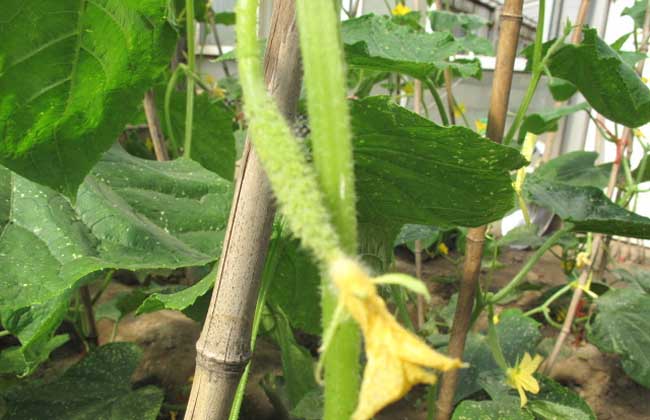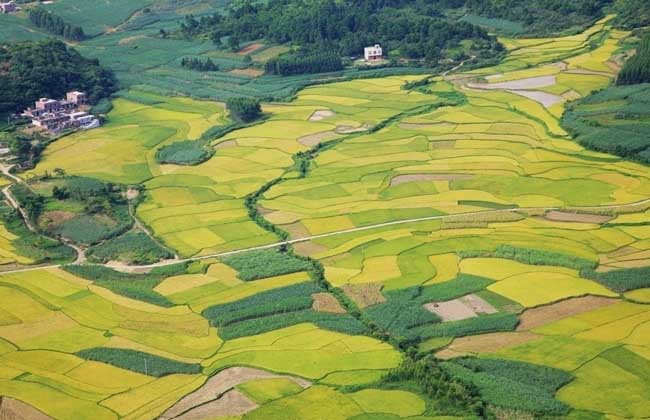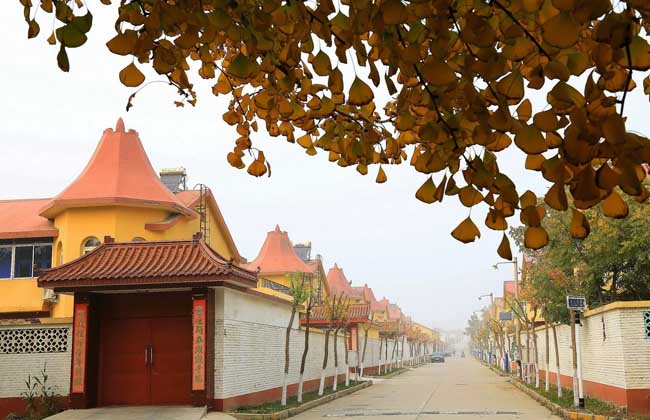Development Prospect of Organic Agriculture in China

Organic agriculture refers to all or almost no synthetic fertilizers, pesticides, growth regulators and livestock and poultry feed additives in production, while the planting industry that uses organic fertilizer to meet the nutritional needs of crops or the breeding industry that uses organic feed to meet the nutritional needs of livestock and poultry, let's take a look at the development prospects of organic agriculture.
Development Prospect of Organic Agriculture in China
In terms of market sales, although organic food accounts for less than 5% of all global food sales, it is undeniable that organic agriculture has become the most active sector in the field of agriculture. Organic agriculture has a long-term prospect preference, but there are still many practical problems in the Chinese market, which will increase the variables of organic agriculture in the short term. Today, organic agriculture has become the most popular agricultural investment area for entrepreneurs, attracting not only investors with a professional background like Zhang Tonggui, but also a large number of "cross-border" entrepreneurs such as Liu Chuanzhi, Ding Lei, Liu Qiangdong and Wang Jianlin.
Development advantages of Organic Agriculture in China
1. China is a large agricultural country with a long history and has a traditional foundation of organic agriculture, so farmers are easy to accept the concept of developing organic agriculture, and they have accumulated rich experience in long-term practice.
2. Agriculture in some areas of our country is relatively backward, which, in a sense, is also a favorable condition for the transformation to organic agriculture. For example, some remote mountainous areas or poor areas have little or no use of pesticides and chemical fertilizers. In fact, many agricultural products are organic food, which can become organic agriculture as long as they are properly developed and managed.
3. Organic agriculture is a labor-intensive industry, and China's rural labor resources are the most abundant.
4. Since the 1980s, green agriculture in China has been strongly popularized, which has laid the foundation for the development of organic agriculture. Since the 1990s, organic agriculture has also developed to a certain extent in China, and there has been a certain export of organic food. China's organic soybeans, peanuts, tea, rice, wheat and cotton are eager to import organic dried fruits, wine, honey and Chinese herbal medicine.
National Standard of Organic Agriculture in China
1. Production standards: general norms and requirements for organic production of crops, edible fungi, wild plants, livestock and poultry, aquatic products, honeybees and their unprocessed products are stipulated, which are applicable to the whole process of organic production, it mainly includes crop cultivation, edible fungus cultivation, wild plant collection, livestock and poultry breeding, aquaculture, bee breeding and the transportation, storage and packaging of its products.
2. Processing standards: general norms and requirements for organic processing are stipulated, which are applicable to the whole process of processing, packaging, storage and transportation of raw products produced by GB/T19630.1, and include the content of organic textiles. The scope of application of this part is cotton or silk fiber products, excluding wool and other products.
3. Logo sales: general norms and requirements for the identification and sale of organic products are stipulated, which are applicable to the identification and sale of certified products produced or processed according to GB/T19630.1 or GB/T19630.2.
4. Management system: it stipulates the general norms and requirements of the management system that should be established and maintained in the process of production, processing and operation of organic products, which is applicable to the producers, processors, operators and related supply links of organic products.
Related
- A course of planting techniques and methods on how to grow carrots
- How to plant the latest tulips?
- Is it better to pick tea in the morning or in the afternoon? When is the best time for tea to be picked? what is the third or fifth tea?
- Launch Yuanxiao Happy combination Haocha + Tea Yuan healthy Taste
- Penghu Tourism "Fireworks 20 Parade with You"
- 2022 West Lake Happiness holds "Digital Revitalization Voucher" and draws iphone13 and laptop.
- Banqiao Fuzhou social houses are designed to change start-up combined with police elimination to create a safe and livable environment
- The convenient measure of "mechanical weeding" in Xinbei has been abused and the Agriculture Bureau has imposed heavy penalties on the illegal land consolidation.
- Changgeng University Joins Hands with Four Memory Factories to Rescue Memory Talent Shortage
- The list of Taiwan's top 100 MVP managers is listed by the Director-General of the Farmers' Association of Sanxia District.



